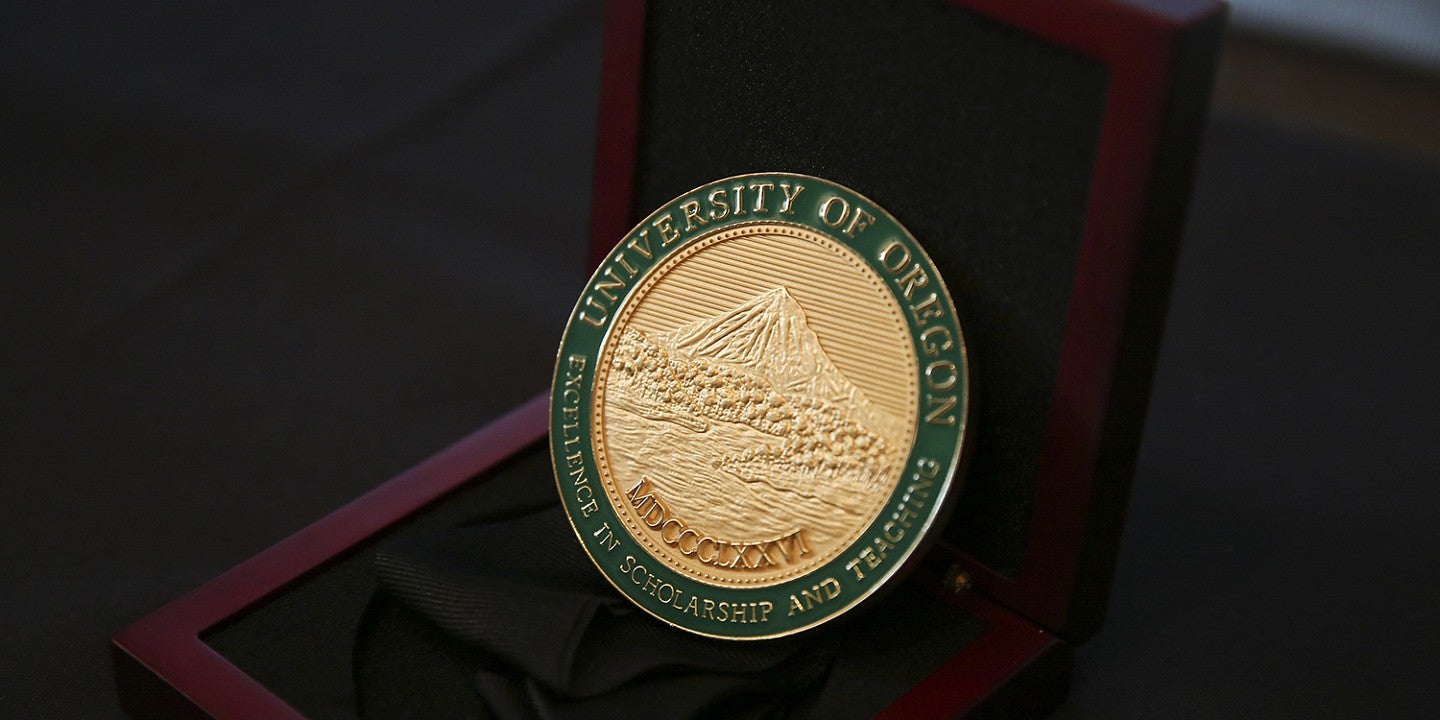
The Office of the Provost has selected 15 faculty members as the 2019-20 Fund for Faculty Excellence recipients.
The fund was established in 2006, thanks to generous gifts from Lorry I. Lokey. Since then more than 160 faculty members have received the awards, recognizing their excellence in creative accomplishment, education, research, and scholarship.
The recipients of the Fund for Faculty Excellence not only achieved a high level of scholarship and contributions to their field but are key participants in developing and defining the academic mission of the university through service and daily work.
Meet the 2019-20 recipients.
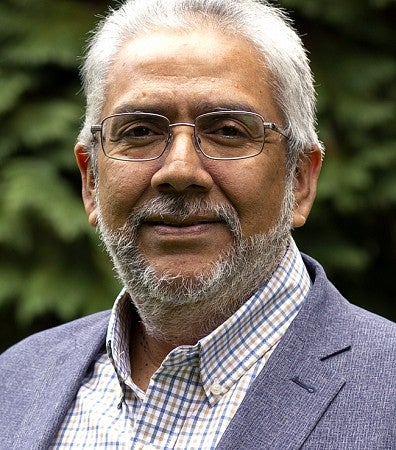
Carlos Aguirre, Professor, History
Aguirre is an international leader in the field of Latin American history and contributes significantly to the Center for Latinx and Latin American Studies. He is an authority on the history of slavery and prisons, and has published on the history of intellectuals and print culture. He is the author or co-editor of 15 books, and has been recognized through grants and fellowships, including a John Simon Guggenheim Fellowship.
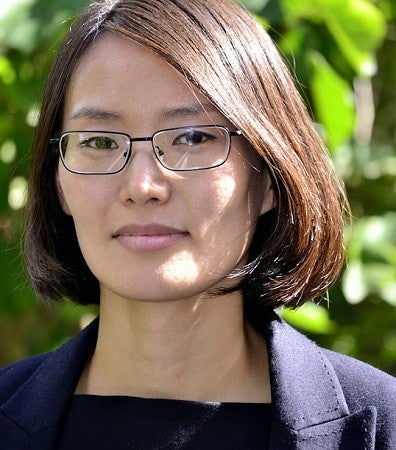
Wonhee Arndt, Associate Professor, Product Design
Arndt has made remarkable contributionsto the world of design, and was named “one of the five rising Asian American womenin design” by Metropolis magazine. Her efforts over the last 10 years have not only added international components to the product design department’s offerings, but have embodied international excellence and discourse in the field of design.
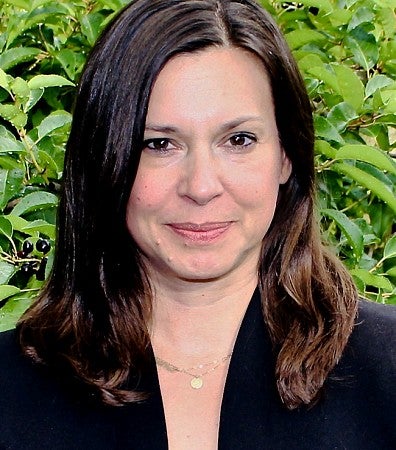
Sonja Boos, Associate Professor, German and Scandinavian
Boos’s current research lies at the intersection of literature and neuroscience in the 19th century. Each chapter of her monograph, Poetics of the Brain, matches a problem of brain function with a German writer whose work sheds light on the problem. In addition to her scholarly work, Boos served as co-chair of the Committee on Sex- and Gender-Based Violence, shepherding major policy change through the University Senate.
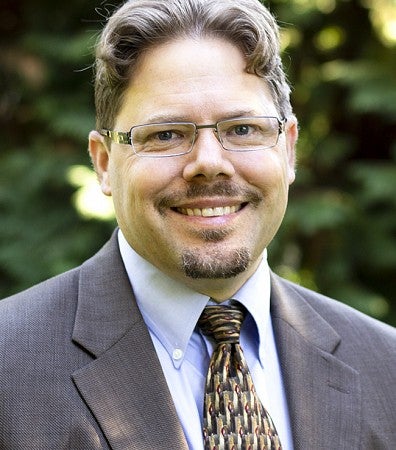
Erik Girvan, Associate Professor, Law
Girvan is an expert on factors that contribute to discrimination in the legal system and in the context of education. He regularly gives talks and conducts trainings on implicit bias both at the University of Oregon and in the community. Girvan also co-directs the master’s program in conflict resolution and serves on the Dean’s Faculty Advisory Committee and Faculty Appointments Committee for the School of Law.
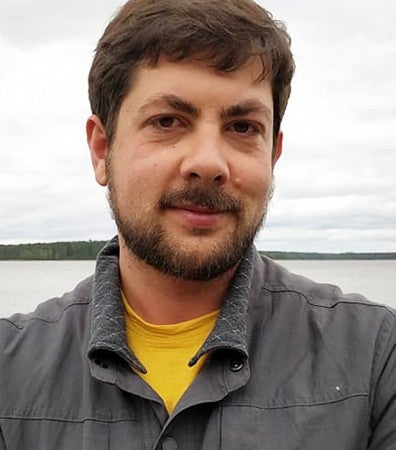
Volya Kapatsinski, Associate Professor, Linguistics
Kapatsinski is a usage-based linguist focusing on how language learning and use affect language structure. Since 2015, he has published a book, 10 journal articles, and four book chapters, either alone or with his students and colleagues from various institutions. He taught at the 2019 Linguistics Society of America Summer Institute—an honor reserved for the most influential linguists in the field.
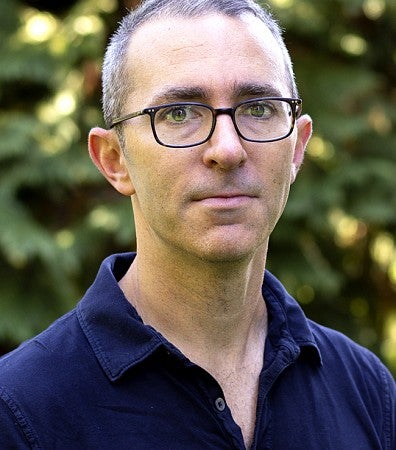
Brice Kuhl, Associate Professor, Psychology
Kuhl is known for designing innovative methods to represent memory functions.He applies machine-learning techniques to uncover how brains solve everyday memory problems. In addition to an active research project grant, he recently received a National Science Foundation CAREER award and had a new active research grant accepted. Kuhl also chairs the psychology department’s Committee for an Inclusive Community.
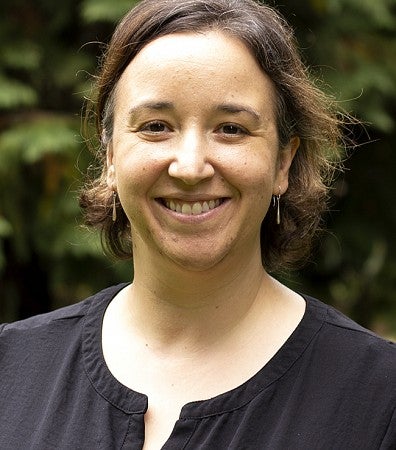
Stephanie Majewski, Associate Professor, Physics
Majewski is a particle physicist who analyzes data collected by the ATLAS experiment,a long-running project at the Large Hadron Collider, to search for new supersymmetric particles. Her work is supported by the Department of Energy, which recognized her with an Early Career Award in 2014. In this highly complex field, she is also dedicated to mentoring students and supporting their growth in the discipline.
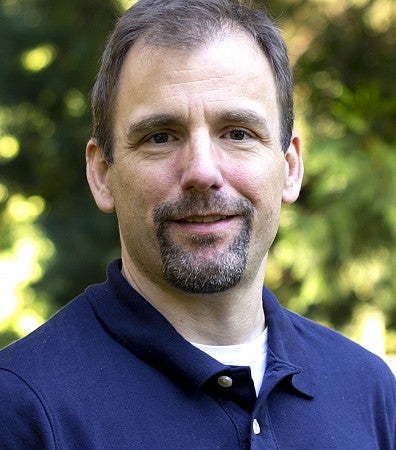
Brad Nolen, Associate Professor, Chemistry and Biochemistry
Nolen researches the molecular workers that continually break down and reconstructthe cytoskeleton of eukaryotic cells found in plants and animals. His research group recently completed a structure of a collection of proteins that regulate the cytoskeleton, a longstanding goal in the field. Nolen currently has two active research project grants from the National Institutes of Health and was recently a Pew Biomedical Research Scholar.
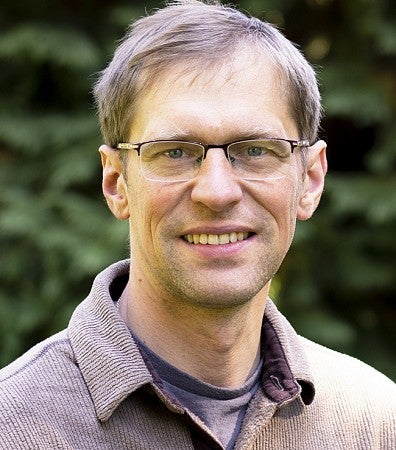
Alexander Polishchuk, Professor, Mathematics
Polishchuk works in algebraic geometry and is a leading expert in the mathematical discourse of the overlapping areas of physics and algebraic geometry. Last summer, he was the lead organizer of a summer workshopat the Mathematical Sciences Research Institute. He has a nearly continuous record of university wide service, including the University Scholarship Committee and Scholastic Review Committee.
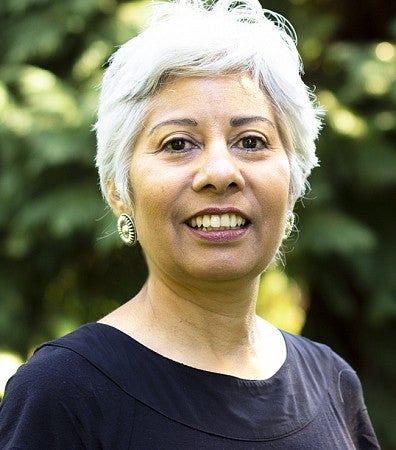
Laura Pulido, Professor, Ethnic Studies
Pulido is an internationally recognized leader in the field of environmental justice. She has been at the forefront of bringing the study of racial inequality and the environment to the field of geography. The Association of American Geographers has recognized her efforts with awards, including the Enhancing Diversity Award and the Globe Book Award for Public Understanding of Geography.
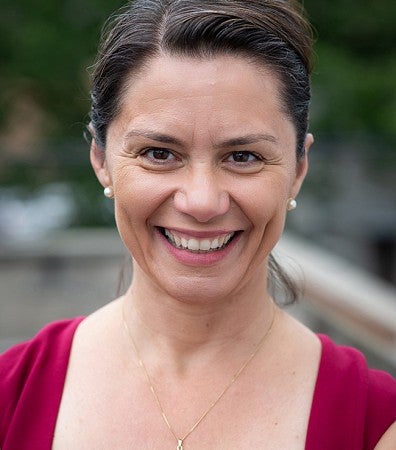
Eleonora Redaelli, Associate Professor, Planning, Public Policy, and Management
Redaelli’s work focuses on cultural policy, urban governance in the arts, and arts management education. She has been a prolific scholar in her field, publishing two books, 11 peer-reviewed journal articles, and two book chapters. Her research on creative placemaking, theories of art, and the relationship between cultural policy and places have made significant contributions to the field.
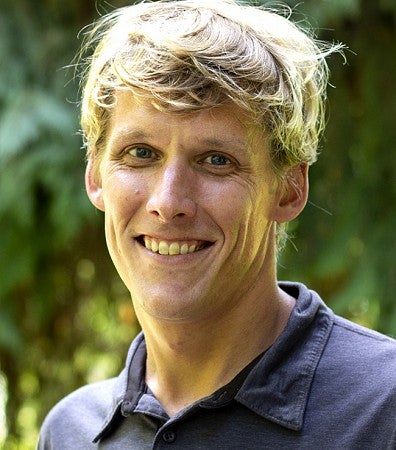
Dave Sutherland, Associate Professor, Earth Sciences
Sutherland is a distinguished scholar researching the intersection of estuarine physical oceanography with high-latitude ice- ocean interactions. In Oregon, his recent work aims to apply realistic simulations of the Coos Bay estuary to ecosystem management and water quality. In addition, he collects observations in fjords to study the ocean’s impact on glaciers around the world.
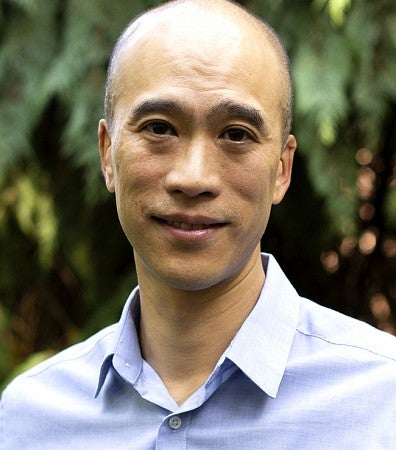
Nelson Ting, Associate Professor, Anthropology
Ting uses genomics to understand the ecology, conservation, and health of wild populations, focusing on mammals inhabiting the tropics of Africa. He is internationally recognized as a leading primate geneticist, and his work has helped guide the conservation of some of the world’s most endangered species. His research has been funded by the National Science Foundation and National Institutes of Health.
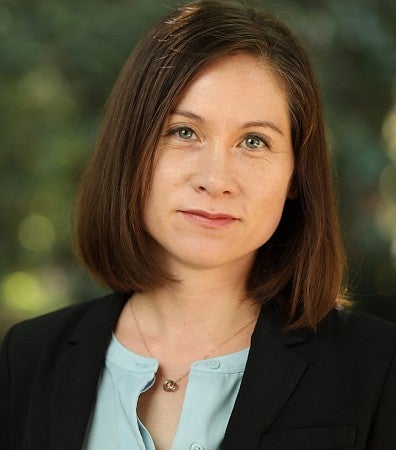
Elizabeth Tippett, Associate Professor, Law
Tippett’s research primarily focuses on employment law and she is a coauthorof a leading textbook on employment discrimination. Her recent work onthe #MeToo movement and workplace harassment was published in the Minnesota Law Review, which is recognized by legal scholars as a top law review. She has also appeared in media outlets including The Washington Post, BBC, and NPR.
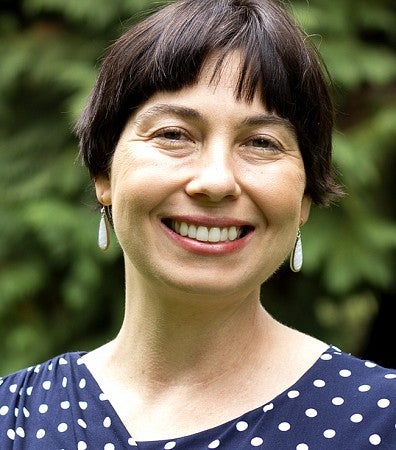
Sarah Wald, Associate Professor, English and Environmental Studies
Wald is a top practitioner of environmental justice cultural studies. She is the author of The Nature of California: Race, Citizenship, and Farming since the Dustbowl and co- editor of Latinx Environmentalisms: Justice, Place, and the Decolonial. She has been an invited speaker at numerous universities and has an outstanding publication record with numerous peer-reviewed articles and book chapters in respected publications.
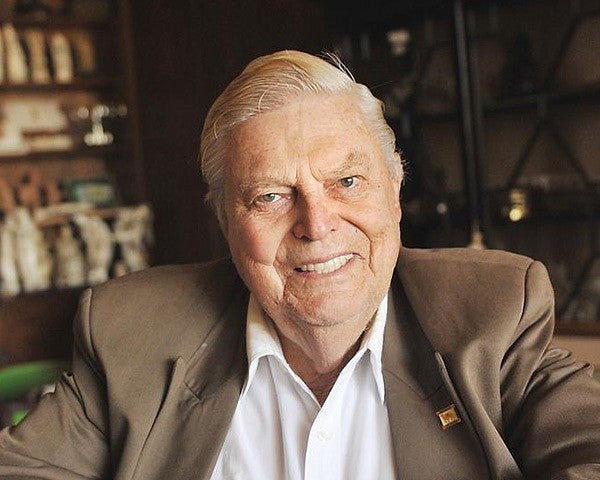
The Fund for Faculty Excellence is one of the UO awards programs that is made possible by Mr. Lokey’s support. Established in 2006, the Fund for Faculty Excellence is designed to support the university’s strategic commitment to improve academic quality by rewarding faculty members for their creative work in research and scholarship.
